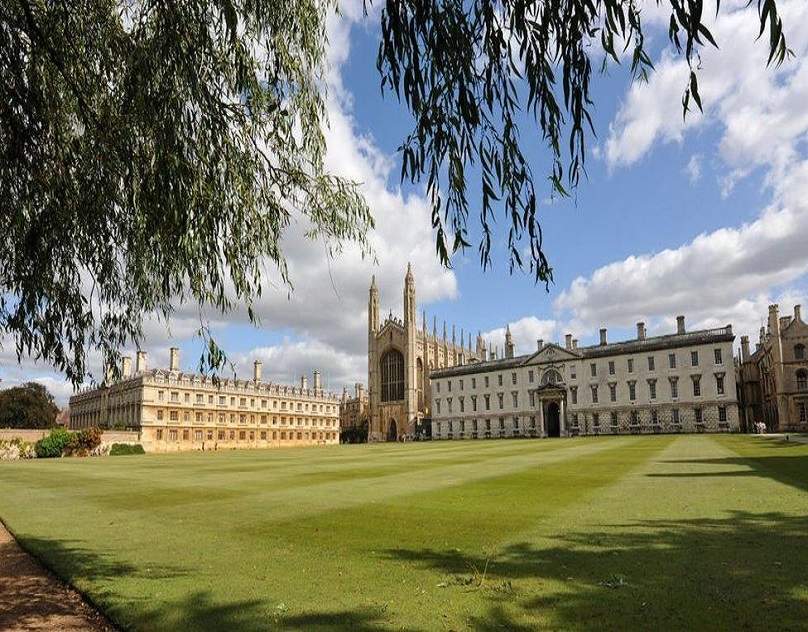
Cambridge University is one of the most prestigious and highly-regarded institutions of higher learning in the world, attracting top talent from across the globe. However, for many prospective students, the prospect of attending Cambridge can seem daunting due to the cost of tuition and other fees. In this comprehensive guide, we will walk you through the various fees that you can expect to encounter as a student at Cambridge University and provide you with some tips for budgeting and finding financial aid.

Tuition Fees
Tuition fees are the most obvious and significant cost of attending Cambridge University. For the 2022-2023 academic year, undergraduate tuition fees for UK and EU students are set at £9,250 per year. For international students, tuition fees vary depending on the course of study. For example, for undergraduate degrees in arts and humanities, international students can expect to pay between £21,168 and £30,942 per year, while for medical and veterinary degrees, fees can range from £41,720 to £57,084 per year.
Postgraduate tuition fees at Cambridge also vary depending on the course of study. For example, for most Master’s programs, UK and EU students can expect to pay between £9,250 and £32,847, while international students will generally pay between £22,227 and £58,038.
It’s important to note that these fees are subject to change, so be sure to check the Cambridge University website for the most up-to-date information. Additionally, it’s worth considering that some courses may require additional fees or expenses, such as lab fees or field trip costs.
Accommodation Fees
Another major cost to consider when attending Cambridge University is accommodation. The university offers a variety of housing options, from shared apartments to private rooms, but prices can vary depending on the location and level of luxury. For example, a single room in a shared apartment can cost between £109 and £214 per week, while a private studio can cost up to £431 per week.
One option that may be particularly attractive to international students is the university’s homestay program, which places students with local families for a more immersive cultural experience. Homestay fees range from £150 to £180 per week.
Keep in mind that the cost of accommodation can vary depending on which college or program you are enrolled in, so be sure to do your research and compare prices.
Meal Plan Fees
For students living in university housing, a meal plan may be a cost-effective and convenient option. Cambridge University offers a variety of meal plans, from full board (three meals a day) to partial board (lunch and dinner only).
Prices for meal plans vary depending on the level of service and the location of the dining hall. For example, a full board plan at King’s College can cost up to £26 per day, while a partial board plan at Trinity College can cost up to £19.50 per day.
Scholarships and Financial Aid
While the cost of attending Cambridge University can be intimidating, there are many scholarships and financial aid options available to help students afford their education. Some scholarships are awarded based on academic merit, while others are need-based. The university’s financial aid office can provide guidance on the application process and help you identify potential sources of funding.
It’s worth noting that some scholarships and financial aid packages may be conditional on maintaining a certain GPA or meeting other requirements, so be sure to read the fine print before accepting any awards.
Budgeting Tips
Finally, here are a few tips for budgeting while attending Cambridge University:
Make a budget: Before you arrive on campus, create a budget that takes into account all of your expected expenses. This will help you keep track of your spending and avoid overspending.
If you want to study abroad at Cambridge University Meridean? Find out for free what the finest courses, colleges, programs, tests, admissions, student visas, scholarships, and application procedures are for studying abroad.